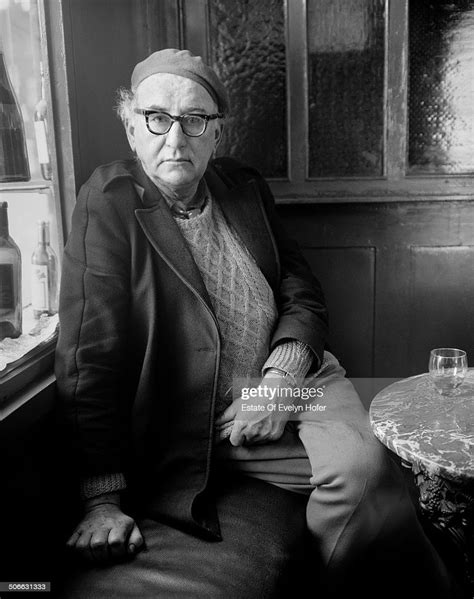A Quote by John Battelle
The experience that a publication creates for its audience is the very essence of that publication's brand - and without deep engagement, that publication's brand will be weak. A good publication is a convener and an arbiter - it expresses a core narrative that becomes a badge of sorts for its readership.
Related Quotes
In my opinion, according to the law of defamation prevalent in this country (U.S.A.), you cannot in any way participate in the publication of the 'Forces Secrètes de la Révolution' by de Poncins, without incurring grave legal responsibility with risk of damages...The personalities and associations criticized are so powerful in this country that very costly lawsuits would certainly result from the publication of the book.
Right now-whether you're in writing courses getting "paid" in credit for writing, or burdened and distracted by earning a living and changing diapers-figure out how to make writing an integral part of your life. Publication is good, and gives you the courage to go on, but publication is not as important as the act of writing.
An outstanding addition to the volumes written on value investing. Not only do the authors offer their own valuable insights but they have provided in one publication invaluable insights from some of the most accomplished professionals in the investment business. I would call this publication a must-read for any serious investor.
By this point, it was clear she wasn't interested in continuing the relationship. What publication on earth would continue a relationship with a writer who would refuse to discuss her work with her editors? What publication would continue to publish a writer who attacked it on TV? What publication would continue to publish a writer who lied about it - on TV and to a Washington Post reporter? ... It's true: Ann is fearless, in person and in her writing. But fearlessness isn't an excuse for crappy writing or crappier behavior.
In my first publication I might have claimed that I had come to the conclusion, as a result of serious study of the literature and deep thought, that valuable antibacterial substances were made by moulds and that I set out to investigate the problem. That would have been untrue and I preferred to tell the truth that penicillin started as a chance observation. My only merit is that I did not neglect the observation and that I pursued the subject as a bacteriologist. My publication in 1929 was the starting-point of the work of others who developed penicillin especially in the chemical field.
The way I try to explain it the best is that if Critic A from publication A hates our show, and Critic B from publication B loves our show, what are we supposed to do with that? We have to just respect everyone's opinions and go on making the show we want to make. I've never worked on a show that was altered by critical reception. You just can't afford to do that. So in that regard, it's actually no different that working in theater. It's just a lot more voices.
[M]y first published book had just appeared in stores. The last year of my life-the year of finishing it, editing it, and seeing it through its various page-proof passes-ranks among the most unnerving of my young life. It has not felt good, or freeing. It has felt nerve-shreddingly disquieting. Publication simply allows one that much more to worry about. This cannot be said to aspiring writers often or sternly enough. Whatever they carry within themselves they believe publication cures will not, I can all but guarantee, be cured. You just wind up with new diseases.
A book coming out into the world can be a harsh, harsh time. And your feelings are on the line. Everything that publication is about is really not what your writing is about. Your writing is coming out of something else, and publication and being in the public are something else. And those of us who have published, in whatever way we're published, are very fortunate.
Starting the blog was a way for me to generate this nonfiction first-person voice naturally, gradually, without feeling performance anxiety. It felt a bit like keeping journals when I was younger, but connecting to an instant readership without having to wait for publication made it also immediately satisfying.



































